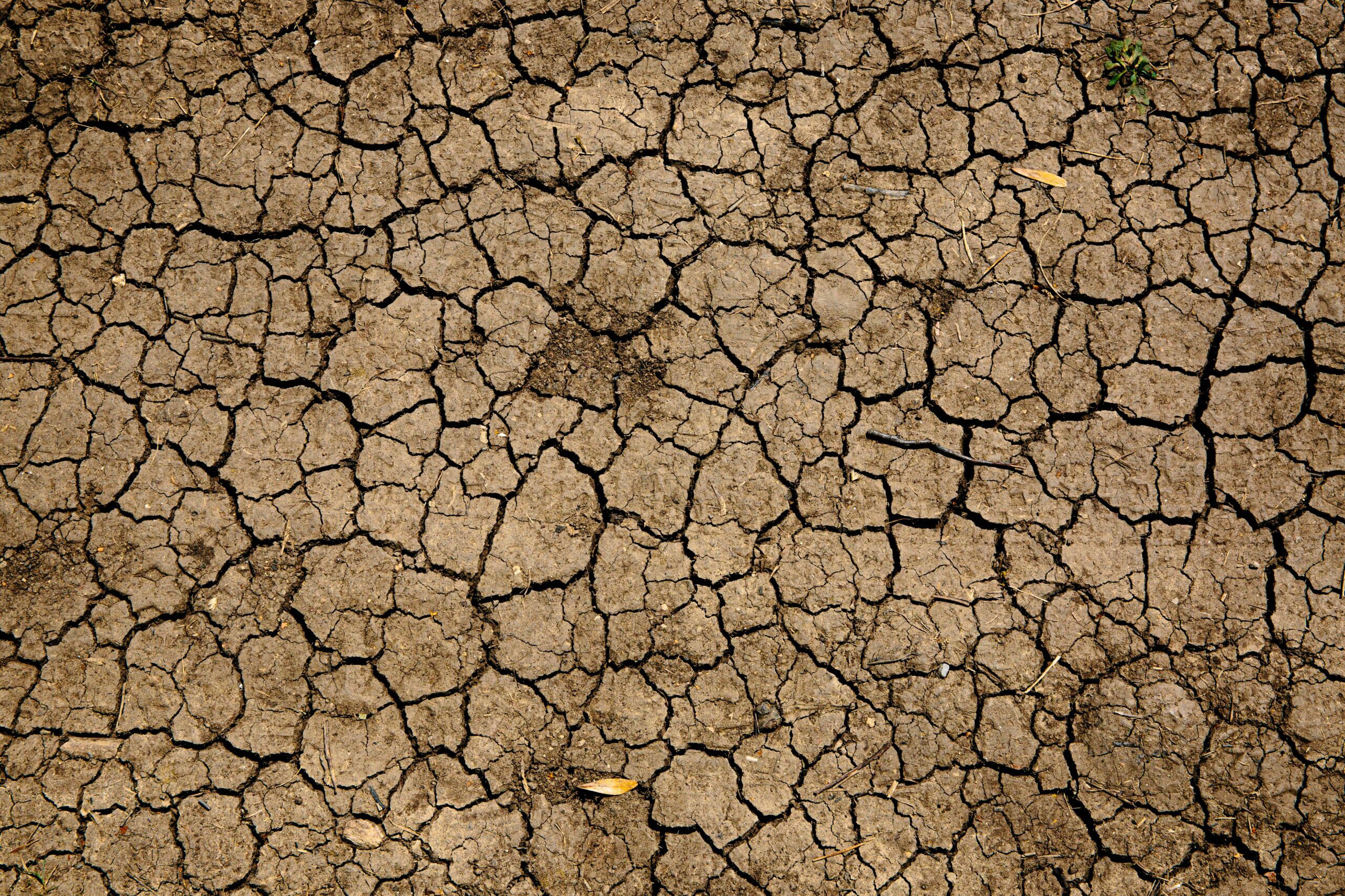In an era marked by ecological crisis, rising global temperatures, and increasing environmental anxiety, the philosophy of climate existentialism emerges as both timely and necessary. Within the first decades of the 21st century, humanity has entered what many scientists and philosophers call the “Anthropocene,” a new geological epoch defined by human impact on Earth’s systems. In this context, existentialist questions—What does it mean to exist? How do we live authentically?—take on urgent new dimensions. Climate existentialism asks: How can we find meaning, agency, and hope in the face of environmental collapse?
What Is Climate Existentialism?
Climate existentialism is not a formal school of thought but rather a fusion of existentialist philosophy with ecological consciousness. It draws heavily from thinkers like Søren Kierkegaard, Jean-Paul Sartre, Albert Camus, and Martin Heidegger, while responding to contemporary ecological challenges. This philosophical lens does not merely analyze climate change as a scientific issue but frames it as a deeply personal and moral problem.
At its core, climate existentialism confronts the tension between two realities:
- The objective reality of impending ecological disaster.
- The subjective experience of individuals grappling with anxiety, despair, and the search for purpose.
Key Themes in Climate Existentialism:
- Freedom and Responsibility: With knowledge comes responsibility. Climate existentialism asserts that once we recognize our role in climate change, we are ethically obligated to respond.
- Authenticity: Living authentically means acknowledging the climate crisis and choosing to act in ways that reflect one’s values, even when outcomes are uncertain.
- Absurdity and Meaning: Drawing from Camus, the absurd arises when we seek meaning in a chaotic universe. In the face of climate collapse, meaning is not given but created.
- Anxiety and Despair: The eco-anxiety many feel today is a form of existential angst. It signals the collapse not only of ecosystems but also of inherited narratives of progress.
Climate Crisis as an Existential Catalyst
Existentialist philosophers have long emphasized the productive power of crisis. For Kierkegaard, anxiety was a gateway to selfhood. For Heidegger, confronting death was essential to authentic existence. Climate change, then, is a collective confrontation with death: the death of species, of stable climates, of ways of life.
This confrontation can act as a catalyst, pushing individuals toward greater self-awareness and societal transformation. Rather than nihilism, climate existentialism proposes an active engagement with meaning-making in a world where traditional certainties are collapsing.
Why Climate Despair Is Rational—But Not Final
It is entirely rational to feel despair in the face of environmental collapse. Species extinction, climate refugees, and worsening disasters can feel overwhelming. But existentialist thought reminds us that despair is a beginning, not an end. As Camus wrote in The Myth of Sisyphus, the realization of absurdity leads not to suicide, but to rebellion.
To live meaningfully amid collapse, we must:
- Accept the reality of the crisis.
- Choose actions that align with our values.
- Find community and solidarity in shared struggle.
- Reimagine what it means to flourish.
Individual Agency in a Collapsing World
One of the greatest existential challenges of climate change is the feeling of powerlessness. What can one person do in the face of global collapse? Existentialism does not promise salvation through systemic overhaul alone. It begins with the individual.
Practical Responses Through an Existential Lens:
- Radical Honesty: Admit the depth of the problem, to yourself and others.
- Meaningful Action: Engage in work that reflects your deepest values—from activism to education, from art to policy.
- Daily Integrity: Make personal choices (e.g., consumption, energy use, voting) that reflect climate awareness.
- Ecological Solidarity: Build relationships rooted in mutual care and shared vulnerability.
The Role of Philosophy in the Age of Collapse
Many people turn to science or politics to “solve” climate change. While both are essential, they cannot answer the deeper question: How should we live in a dying world? This is where philosophy becomes indispensable.
Existentialism does not offer easy hope or simple solutions. It does not deny suffering or catastrophe. Instead, it offers tools for enduring, creating, and becoming.
Philosophy provides a space to:
- Question dominant narratives of endless growth and technological salvation.
- Reimagine human-nature relationships beyond domination.
- Embrace grief as a path to transformation.
A Shared Future Beyond Collapse
If climate existentialism teaches us anything, it is that despair is only one possible response to crisis. Others include love, defiance, creativity, and courage. The Anthropocene may be defined by collapse, but also by a radical reorientation of values.
In community, we can face collapse not as passive victims but as active co-creators of new ways of being. The work ahead is not merely technical but spiritual, ethical, and philosophical.
“Man is nothing else but what he makes of himself.” — Jean-Paul Sartre
Let us then make ourselves resilient, honest, and deeply connected to a world in flux.





Bir yanıt yazın